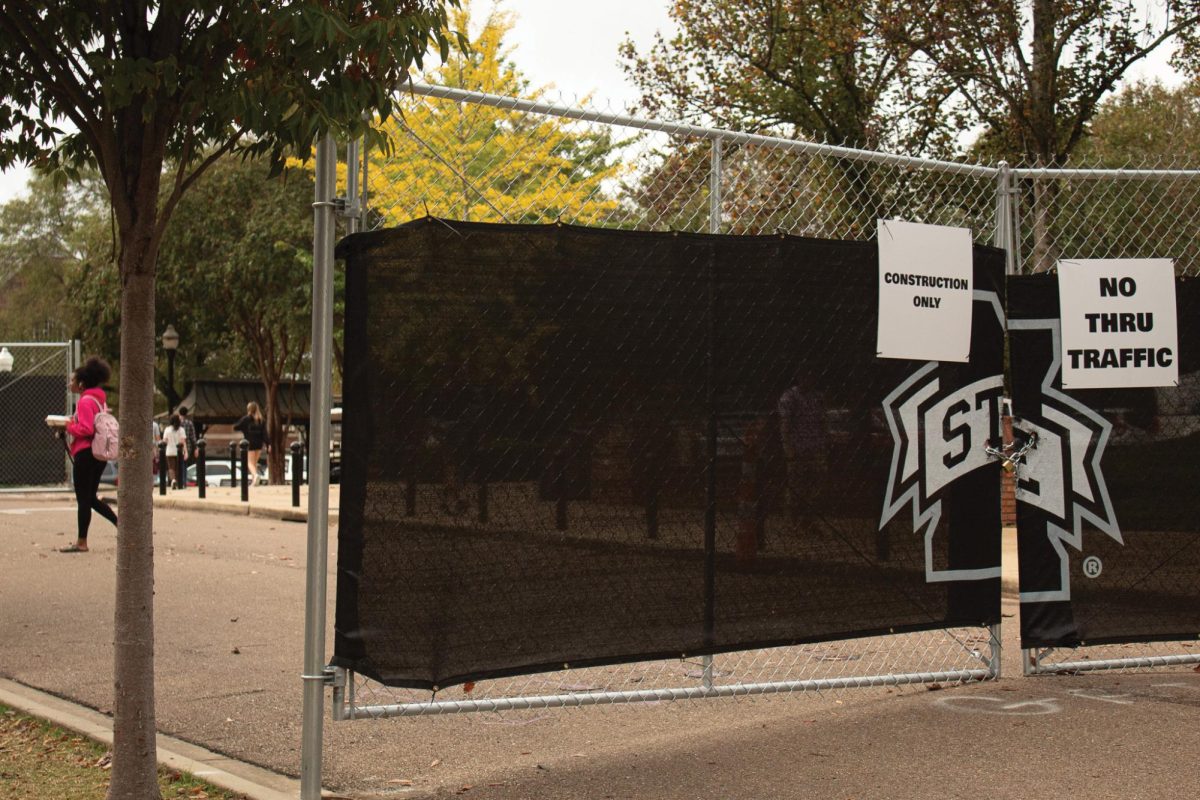As of Sept. 14, Hurricane Florence hit the East Coast of the U.S. and left over 900,000 homes and businesses without basic utilities. The 90-mph winds and storms have pushed the people of the communities out of their homes for an indefinite amount of time.
Professor Kim Wood from the Department of Geosciences at MSU specializes in tropical meteorology, and she tracked the hurricane.
“Florence is comparable to Hurricane Ike of 2008,” Wood said. “It is a lower-category storm, but spread out over a greater area, so the area of impact is going to be larger. Too many times, people focus on the number ‘category’ of a storm to determine danger levels. This is unsafe because it can give potential victims a reason to let their guard down incorrectly.”
This region of the East Coast has not been affected by this kind of weather since 1989 when Hurricane Hugo hit, FEMA Administrator Brock Long told The Washington Post.
MSU alumna Audra Sawyer is currently studying for her masters in geosciences at the University of North Carolina in Wilmington, and she was forced to leave school due to the mandatory evacuation Hurricane Florence caused. The university has not set a date for when classes will resume due to the flood damage from the storm.
“Evacuation was a total nightmare,” Sawyer said. “A normal 15-minute drive became 45 minutes, and it was like sitting in a standstill parking lot.”
Although the storm may have passed, citizens of the area are not in the clear yet, according to reports from The Weather Channel. Much of the danger ensuing from these types of disasters comes from the post-storm chaos.
There have already been reported cases of looting and stealing, as reported by ABC News.
Members of MSU’s campus, like Wood, have knowledge of this type of weather, and the type of preparation and recovery required by it. The university sent an email last week with advice on how to help the situation.
It recommended students not to self-deploy into affected areas, and if they do wish to volunteer, then they should sign up directly with an official organization. To find an organization, visit National Voluntary Organizations Active in Disaster website at https://www.nvoad.org/
Also, the MSU Student Relief Fund is taking cash donations to send to victims of the hurricane. To donate, visit msufoundation.com/studentrelief.
For any further information on the storm or how to best help those affected, one can visit the FEMA’s website or the local American Red Cross office.
Hurricane Florence hits the East Coast
0
More to Discover


























































































